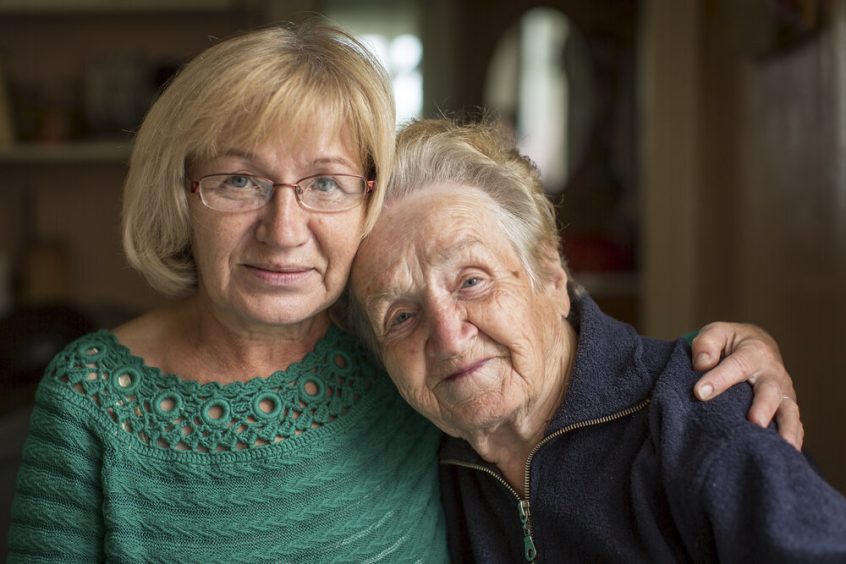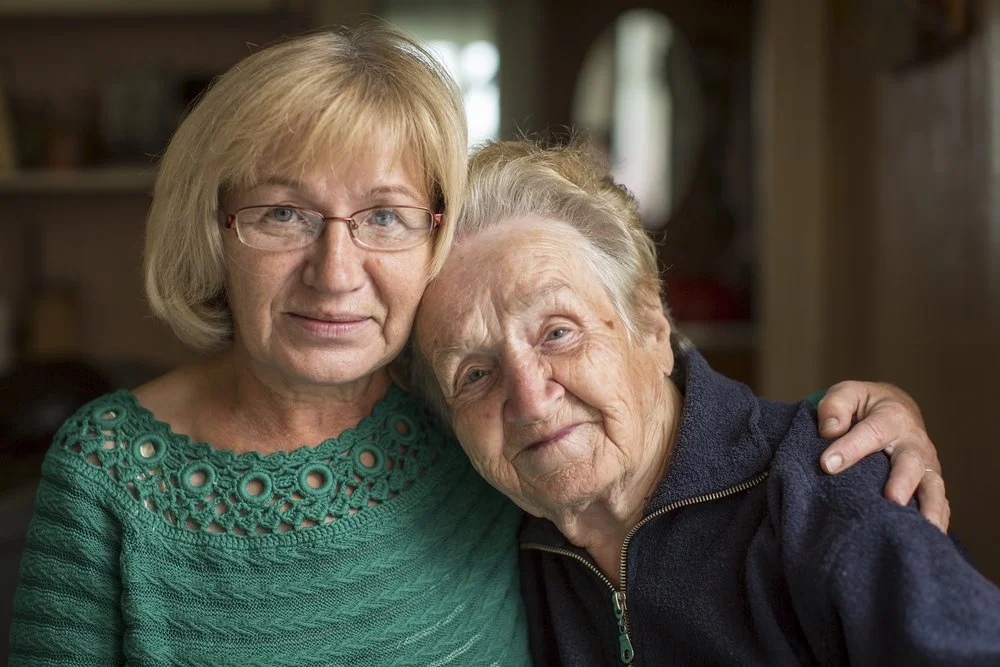Caring for your loved one is a noble task, but it can also be challenging even on the best of days. When your elderly parent or friend is resistant to care, this job is only complicated further. Resistance to care may be caused by a number of factors, ranging from unwavering stubbornness to declining cognition.
Let’s take a moment to discuss approaching a loved one who resists care. First, we will look at why a loved one may not be open to care and may argue against you even if it is apparent that care is required. Then, we will explore different ways to approach your loved one about accepting care:
Why a Loved One May Be Resistant To Care
Growing older means approaching new limitations. These can be mental, physical, or psychological. Often, a person will be resistant to care if they recently experienced a loss. Whether this is a loss of gait or a loss of a close family member, dealing with a loss can be incredibly difficult. Growing older does not dim the pain of loss nor make the idea of death any easier. Your loved one may be struggling with this and resist care because they are in fact resisting the gradual decline that leads to death. In other instances, your loved one may resist care so they can retain their sense of independence, or so as not to burden you. For some a loss of independence is a loss in quality of life.
Seeing you as another part of the process, they hold off to prolong their perceived quality of life, even when their perception does not align with reality.
Ways to Approach Your Loved One
There are many ways to approach a loved one. First, approach them at a time that is comfortable to them. They may prefer to talk in the comfort of home, or they may want to go out for a nice walk. Do not force the situation and leave the subject alone if your loved one is agitated.
Ask questions about what kind of care they would prefer, and communicate that you understand their preferences. Use this opportunity to explore and understand available options. Would they prefer an adult child to be the caregiver? Would they prefer a nursing home? Would they prefer a homecare service in Ottawa? Be open to their suggestions and give your loved one a sense of control. Ask your siblings, spouse, friends, and health professionals for advice on the situation. Someone else may be the right one to persuade your loved one into accepting care.
More Care Means More Independence
It is possible that your loved one sees care as a loss of independence. On the contrary, opting for in-home care ensures your loved one can remain at home longer and enjoy a full, independent life. Emphasize that accepting care is a way of prolonging their preferred lifestyle, not ending it.
Mention Benefits for the Family
Sometimes a Mom or Dad would receive care because there are benefits for their children who are concerned and are providing care. Mention that having care from someone else would relieve the family caregivers so that they are not overtired. Peace of mind for caring family members is another benefit, especially for those who do not live close by. Tell your loved ones that knowing they are well taken care of and safe would bring you and the rest of the family peace of mind.
At Choice Homecare, we understand that loved ones may be resistant to care initially. Give a call at 613-907-3191 to discuss other strategies for approaching an elderly family member who is resistant to care.


